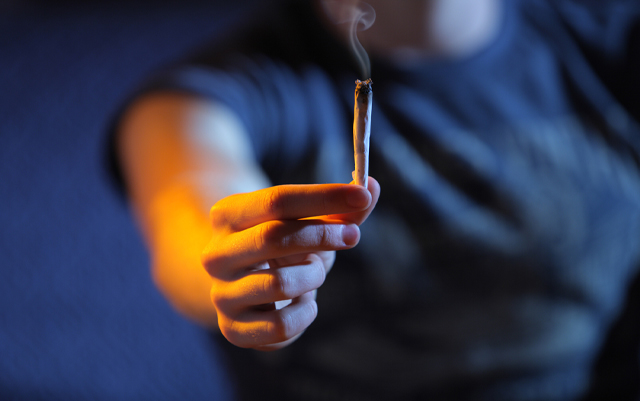
Last month, the Coalition to Regulate Marijuana Like Alcohol in Michigan turned in some 365,000 signatures in an attempt to get on the November 2018 statewide ballot. If successful, the measure would legalize cannabis possession, growing and purchasing by those 21 years of age and older.
As you can imagine, there is opposition to this plan. As you can also imagine, the opposition is having a hard time articulating exactly why the system of black market sales is better than a system of legal, regulated sales.
Scott Greenlee, the president of Healthy and Productive Michigan, was recently on a Michigan radio program and was asked about why his group opposes legalization. He made quite a few weak points, while also not ruling out taking money for his group from opioid manufacturers, but I’m going to focus on two major holes in his theory.
“A lot of people have talked about the tax dollars it will generate,” Greenlee said. “As folks have found out in Colorado, the tax dollars come along with a cost and, interestingly enough, in a lot of cases, tax dollar projections and revenue projections don’t come quite in where they should be.”
While projections and actuality will always have discrepancies – that’s why they are called projections, after all – the fact is that as of this summer, Colorado had collected over $500 million in tax revenue since recreational sales began in January of 2014. This brings us to the “cost” involved in legalization. It’s something Greenlee references later in the interview and something the interviewer tries to get a better answer on.
“…there’s going to be a significant discussion with regard to how legalized recreational marijuana is managed in our state,” Greenlee said. “There will be costs that inherently come along with that, rather it’s law enforcement-type costs, rather it’s actual increased research costs, rather it’s medical costs.”
Of course, in actuality, law enforcement costs decrease under legalization as police focus on other things, and studies have shown Medicare costs are dropping in states with robust medical marijuana programs. As for “research costs,” is he saying we shouldn’t study marijuana’s effects on people?
“Well Colorado’s had a lot of issues, you know,” Greenlee continued. “They just had their fifth year of legalized recreational marijuana, and most of what they had hoped would be the case is not the case.” Like what? He goes on to reference some businesses having to deal with drug testing employees and makes oblique reference – I think – to increased cases of marijuana ingestion in Colorado emergency rooms, an issue I’ve talked about and Politico covered quite fairly. In any case, I fail to see how those things mean prohibition and the black market is superior to legalization, which is what Greenlee is arguing for.
Go to Source
Author: Joe Klare

















